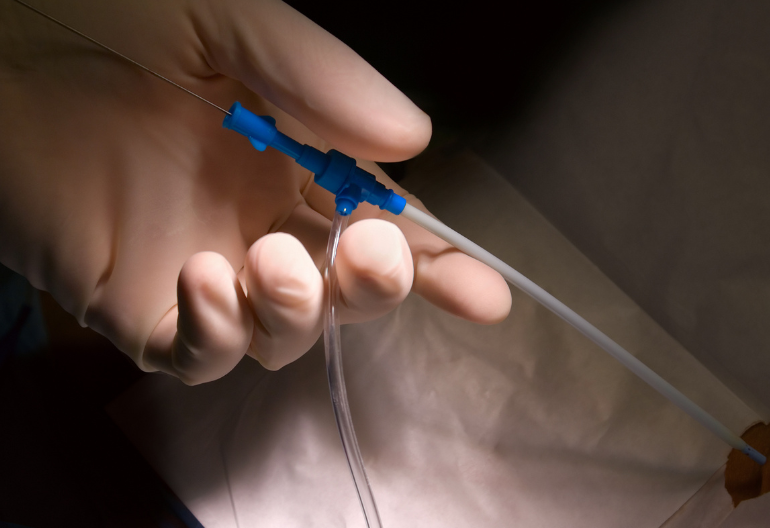
Welcome to Premier Choice Cardiology, your trusted partner in cardiovascular health. Peripheral Arterial Disease (PAD) is a common concern among many of our patients, and we understand the importance of effective medication management in controlling this condition. Let’s embark on a journey together to explore the world of PAD medications and how they can make a difference in your life.
Understanding PAD Medications
Antiplatelet Agents
At Premier Choice Cardiology, we prioritize your vascular health, and antiplatelet agents play a crucial role in achieving that goal. These medications prevent blood clots from forming, ensuring optimal blood flow to your limbs.
Aspirin
Aspirin is a household name in cardiovascular care, and for good reason. As a cornerstone of PAD treatment, it reduces the risk of clot formation, protecting your arteries and preserving your mobility.
At Premier Choice Cardiology, we advocate for proactive measures to safeguard your vascular well-being. With aspirin as part of your personalized treatment plan, you can rest assured knowing that your arteries are shielded from the threat of clots, allowing you to continue living life to the fullest.
Statins
Cholesterol management is another vital aspect of PAD care, and statin medications excel in this area. By lowering LDL cholesterol levels, they prevent plaque buildup in your arteries, promoting long-term vascular health.
Atorvastatin (Lipitor)
Lipitor, a trusted ally in the fight against high cholesterol, offers tangible benefits for PAD patients. Through its cholesterol-lowering effects, it not only reduces the risk of cardiovascular events but also slows the progression of atherosclerosis.
At Premier Choice Cardiology, we recognize the importance of comprehensive PAD management. With Lipitor as part of your treatment regimen, you can take proactive steps towards preserving your vascular health and enjoying a higher quality of life.
Combination Therapies for Optimal Results
Dual Antiplatelet Therapy
In some cases, a combination approach yields the best results in PAD management. Dual antiplatelet therapy combines the strengths of two medications to provide enhanced protection against clot formation.
Clopidogrel (Plavix) + Aspirin
Clopidogrel and aspirin, when used together, form a formidable defense against thrombotic events in PAD patients. This combination therapy, endorsed by leading cardiovascular experts, ensures comprehensive vascular protection.
At Premier Choice Cardiology, we believe in leveraging the latest advancements in cardiovascular medicine to optimize patient outcomes. By incorporating dual antiplatelet therapy into your treatment plan, we empower you to take control of your vascular health and embrace life without limitations.
Managing Side Effects and Considerations
Side Effects
While the benefits of PAD medications are undeniable, it’s essential to be mindful of potential side effects and take proactive steps to mitigate them.
Bleeding Risk
Antiplatelet medications like aspirin and clopidogrel carry a risk of increased bleeding, necessitating careful monitoring and open communication with your healthcare provider.
At Premier Choice Cardiology, your safety and well-being are our top priorities. We work closely with you to minimize the risk of adverse effects associated with PAD medications, ensuring that your treatment plan is tailored to your individual needs and concerns.
FAQs (Frequently Asked Questions)
What are the common side effects of statin medications like atorvastatin?
Statin medications may cause muscle pain, liver enzyme abnormalities, and gastrointestinal discomfort in some individuals. However, these side effects are typically mild and reversible, and most patients tolerate statin therapy well.
Can I take aspirin if I have a history of gastrointestinal ulcers?
Individuals with a history of gastrointestinal ulcers should consult their healthcare provider before taking aspirin, as it may increase the risk of bleeding and exacerbate ulcer symptoms. Alternative medications may be recommended in such cases.
How long do I need to take medications for PAD?
The duration of medication therapy for PAD varies depending on individual factors such as disease severity, risk factors, and treatment response. In most cases, medications are prescribed long-term to manage symptoms and reduce the risk of complications.
Are there any dietary restrictions while taking statin medications?
While taking statin medications, it’s essential to follow a heart-healthy diet low in saturated fats and cholesterol. Avoiding excessive alcohol consumption and maintaining a healthy weight can also enhance the effectiveness of statin therapy.
Can I stop taking my medications if my PAD symptoms improve?
It’s crucial to follow your healthcare provider’s recommendations regarding medication therapy for PAD. Stopping medications abruptly can increase the risk of cardiovascular events and worsen PAD symptoms. Always consult your doctor before making any changes to your treatment plan.
What should I do if I miss a dose of my PAD medication?
If you forget to take a dose of your PAD medication, take it as soon as you remember. However, if it’s almost time for your next scheduled dose, skip the missed dose and resume your regular dosing schedule. Avoid taking double doses to make up for missed ones.
Personalized Care for PAD Patients at Premier Choice Cardiology
At Premier Choice Cardiology, we’re dedicated to providing comprehensive, patient-centered care for individuals with PAD. Through personalized treatment plans, including effective medications and lifestyle modifications, we empower our patients to take control of their vascular health and live life to the fullest. Book your appointment now with the best cardiologist.




